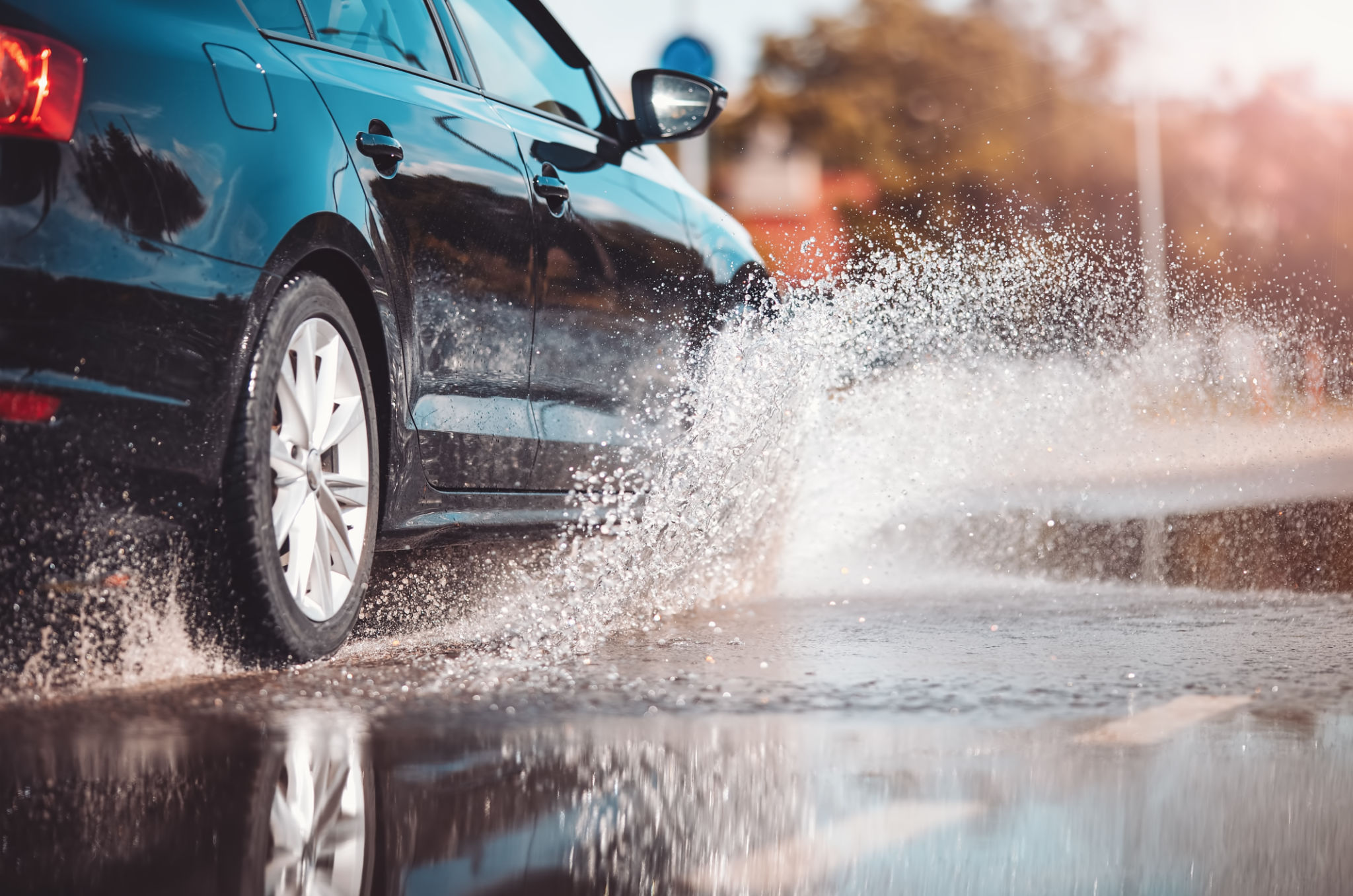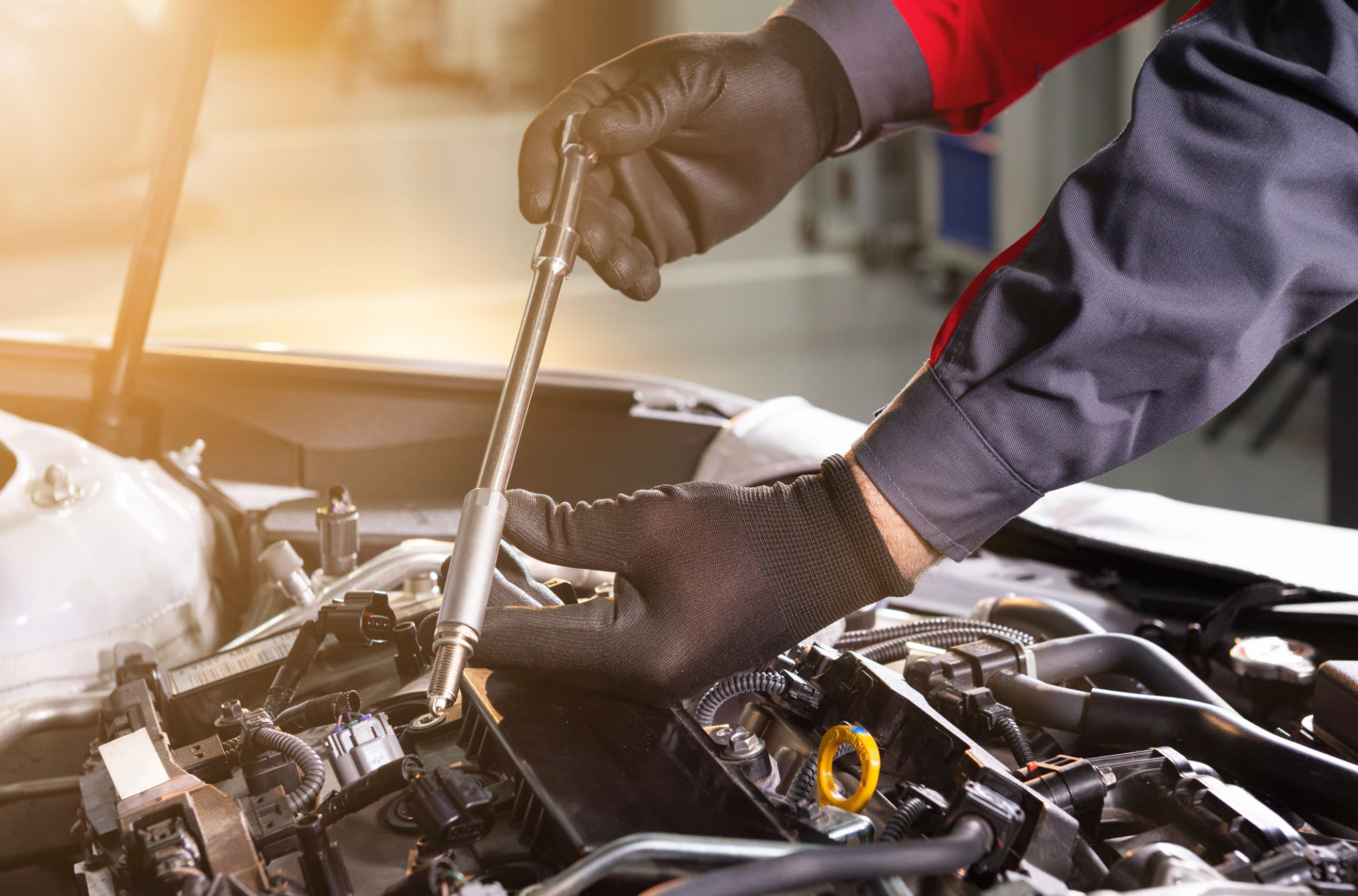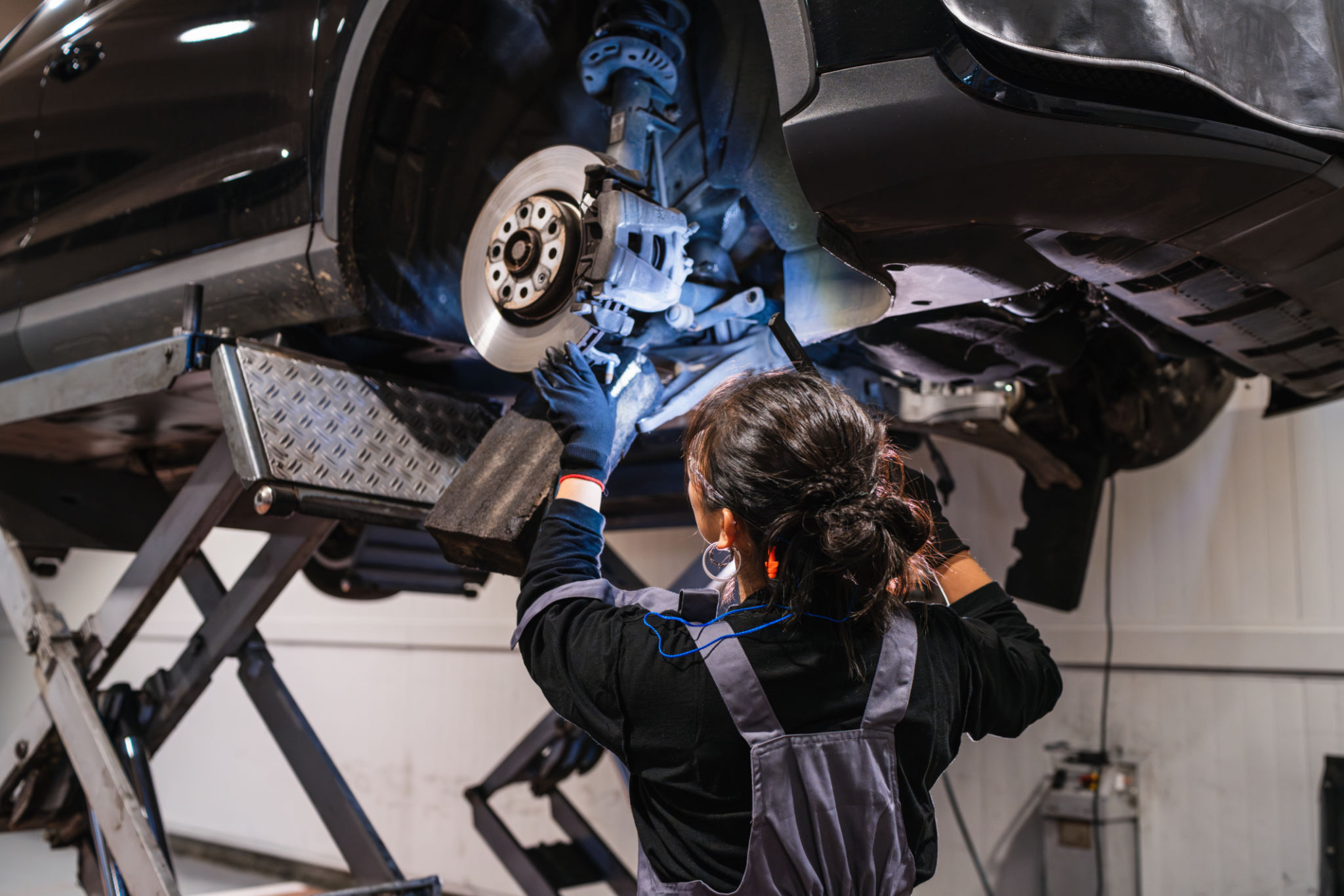The Impact of Coastal Weather on Your Vehicle and How to Protect It
Understanding Coastal Weather and Its Effects on Vehicles
Coastal regions are known for their stunning ocean views and refreshing breezes, but they also bring unique challenges for vehicle owners. The salty air, high humidity, and frequent rain can have a significant impact on the condition and longevity of your vehicle. Understanding these effects is the first step in ensuring that your car remains in top shape.

The Corrosive Power of Salt Air
One of the primary concerns for vehicles in coastal areas is the corrosive nature of salt air. Salt can accelerate the rusting process, especially on the undercarriage and exposed metal parts of a vehicle. This corrosion can lead to serious damage if not addressed promptly. Regular washing and using rust-resistant coatings can help mitigate these effects.
Humidity and Its Impact on Vehicle Components
High humidity levels, common in coastal climates, can also affect your vehicle. It can lead to issues such as mold growth inside the car and can cause electrical problems by affecting wiring systems. Keeping the vehicle well-ventilated and using dehumidifiers can help manage these challenges.

Protective Measures for Your Vehicle
To protect your vehicle from the harsh coastal environment, consider adopting a regular maintenance routine. This includes frequent washes to remove salt deposits, applying protective waxes, and ensuring that your vehicle's paint is in good condition. These steps can significantly reduce the risk of corrosion and other weather-related damage.
Regular Inspections and Maintenance
Regular inspections are crucial to detect any early signs of weather-related damage. Check for rust, especially on the undercarriage, wheel wells, and around door frames. Additionally, ensure that all rubber seals are intact to prevent moisture from seeping into the vehicle's interior.

The Role of Coverings and Garages
When possible, park your vehicle in a garage or use a high-quality car cover. This provides an additional layer of protection against salt air and rain. A well-ventilated garage can also reduce humidity levels, further safeguarding your vehicle from potential damage.
Choosing the Right Products for Protection
Investing in high-quality protective products can make a significant difference. Rust inhibitors, waterproof covers, and specialized waxes designed for coastal environments are all effective tools in maintaining your vehicle's condition. Make sure to choose products that are specifically formulated to withstand the unique challenges posed by coastal weather.
Long-Term Care Strategies
Finally, consider long-term strategies such as undercoating treatments that offer additional protection against rust and corrosion. Regularly updating these treatments ensures that your vehicle remains protected throughout its lifespan. This proactive approach can save you from costly repairs down the line.

In conclusion, while coastal weather presents challenges for vehicle owners, understanding these effects and taking proactive measures can help protect your investment. By implementing a comprehensive maintenance routine and using appropriate protective products, you can ensure that your vehicle remains in excellent condition despite the harsh coastal conditions.